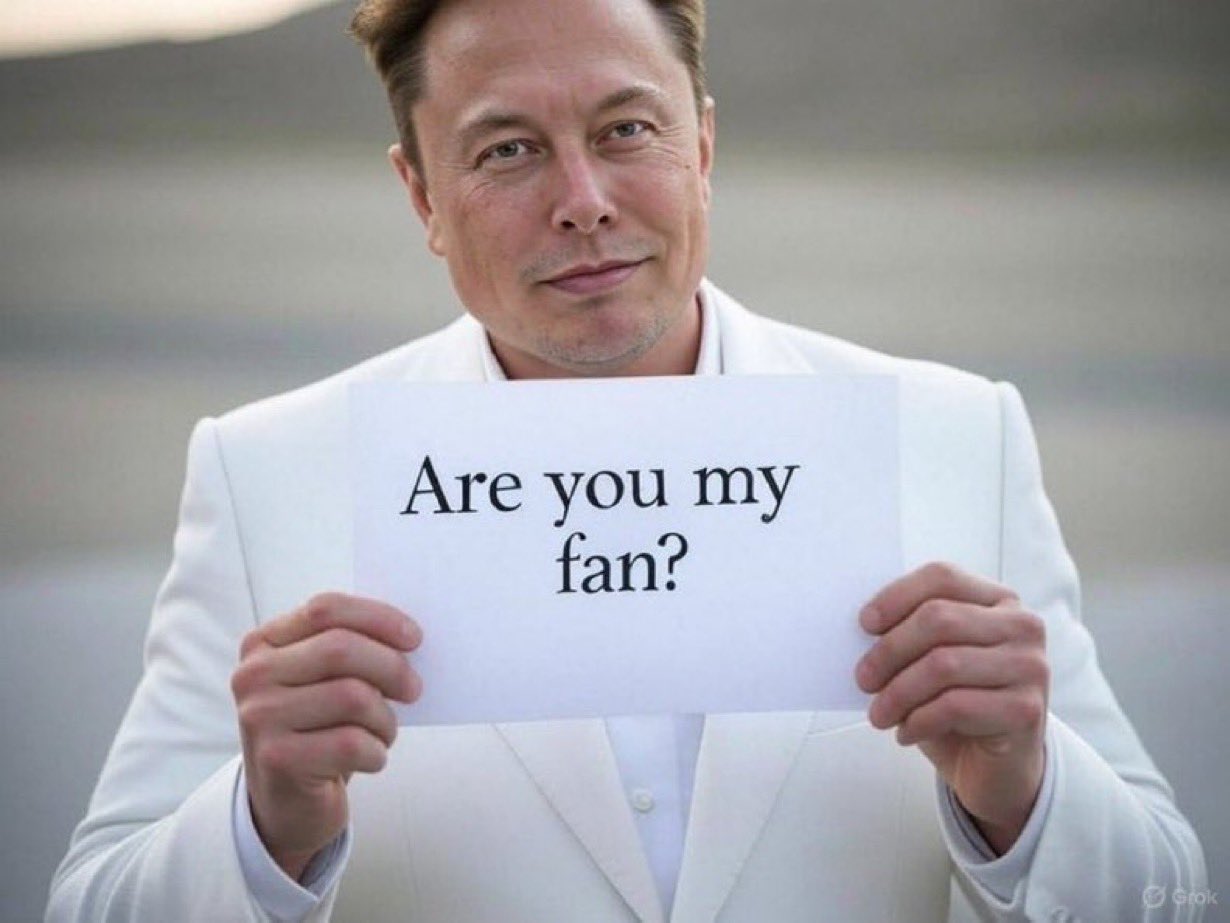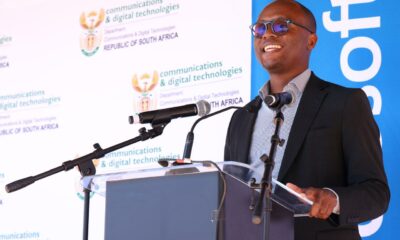News
Did SA Soften B-BBEE Rules for Elon Musk’s Starlink? Parliament Wants Answers

A contentious government policy that might make it easier for Elon Musk’s Starlink to conduct business in South Africa has prompted questions from the country’s parliament. Minister Solly Malatsi has been called by the Portfolio Committee on Communications and Digital Technologies to provide clarification on recently gazetted directives that could relax the requirements for satellite service licenses related to Broad-Based Black Economic Empowerment (B-BBEE).
Parliament has taken notice of these new directives from the Department of Communications and Digital Technologies. Khusela Diko, the chairperson of the committee, voiced concern that the modifications might violate the Electronic Communications Act and unfairly favor multinational corporations such as SpaceX, the owner of Starlink.
Diko said in a statement posted on X (formerly Twitter) that Malatsi and his department had been invited by the committee to provide an explanation of the legal basis and reasoning behind the directives. “Minister Solly Malatsi and the Department have been invited by the Portfolio Committee to provide a briefing on the recently gazetted policy directions,” Diko stated.
COMMUNICATIONS COMMITTEE INVITES MINISTER MALATSI FOR A BRIEFING ON STARLINK POLICY DIRECTIVE
Parliament, Saturday, 24 May 2025 – The Portfolio Committee on Communications and Digital Technologies has invited Minister Solly Malatsi and the Department of Communications and…
— Khusela Diko?? (@KhuselaS) May 24, 2025
The policy’s timing is even more controversial because it coincides with recent diplomatic events. The directives follow a high-profile meeting between Elon Musk, U.S. President Donald Trump, and President Cyril Ramaphosa; some believe this indicates South Africa’s desire to draw in American investment.
The change in B-BBEE policy, according to critics, may establish an unsettling precedent. They are concerned that it might make it easier for global tech behemoths like Starlink to enter the local market, thereby displacing local companies and undermining long-standing objectives for economic transformation.
The parliamentary committee intends to examine the directive’s specifics and determine whether it complies with current laws and transformation strategies.
In the upcoming weeks, Minister Malatsi is anticipated to address the committee. Whether the policy is changed—or contested—will probably depend on the briefing.
♦️Did You Know♦️
Transformation cannot be achieved without ownership, and BBEEE laws exist to right the wrongs of the past where Black people were excluded from ownership and participation in the communications sector and general economy.
Minister Solly Malatsi is making way… pic.twitter.com/uFsq6mRfCE
— Economic Freedom Fighters (@EFFSouthAfrica) May 24, 2025
?Removing obstacles and opening up more options for companies – big, small, local and international – to contribute to digital inclusion by increasing internet access for all, especially in rural areas.
Minister Solly Malatsi’s move will unlock new jobs: https://t.co/Qwsd2HrRMP pic.twitter.com/1GuXCTffcI
— Democratic Alliance (@Our_DA) May 24, 2025
Follow Joburg ETC on Facebook, Twitter , TikTok and Instagram
For more News in Johannesburg, visit joburgetc.com
Sourced:African Insider
Picture: X/@MuskElon3312



























